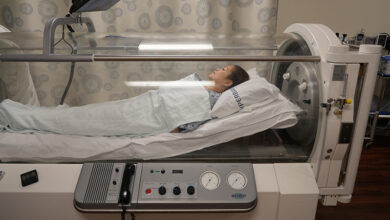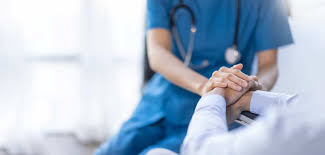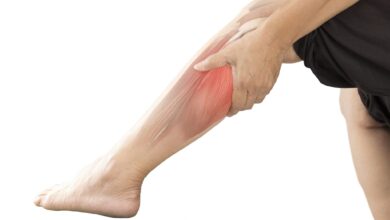A Look at the Psychological Impact of Surviving a Motorcycle Accident in Altoona

Surviving a motorcycle accident can change a person’s life in more ways than one. While physical injuries often get immediate attention, the emotional and mental struggles that follow are just as real—and sometimes even harder to heal.
It’s not just about broken bones or scars. It’s about the fear, anxiety, and emotional weight that come afterward.
Altoona is known for its tight-knit community and scenic routes, making it a popular spot for riders. But when an accident happens, the aftermath can be overwhelming.
That’s where motorcycle accident lawyers in Altoona come in.
They not only help with legal steps but can also guide victims toward the right support systems, especially when dealing with emotional trauma.
Let’s take a deeper look at how motorcycle crash survivors often suffer mentally and emotionally, even after their physical wounds begin to heal.
Shock and Denial After the Crash
The first few hours and days after a motorcycle accident can feel like a blur. Many survivors say it feels like they’re dreaming or watching the world from outside their body. That’s because shock is a natural response. The mind tries to protect itself from trauma by creating a sense of distance from reality.
Some people may even deny that anything is wrong, especially if they didn’t suffer visible injuries. But the mental impact of a crash doesn’t always show up right away—it builds up over time.
Anxiety and Fear of Riding Again
For many, getting back on a motorcycle—or even thinking about it—can trigger intense fear. Survivors may experience anxiety when hearing loud noises or seeing traffic. Some avoid driving altogether. These reactions are normal, but they can start to interfere with daily life.
In some cases, people develop post-traumatic stress disorder (PTSD). This can include flashbacks of the accident, nightmares, and panic attacks. It makes even simple tasks like crossing a street feel dangerous.
Guilt and Depression
It’s common for survivors to feel guilty after an accident, even if it wasn’t their fault. They may ask themselves questions like, “What if I had left later?” or “Was I going too fast?” This constant self-blame can lead to depression, which may show up as sadness, loss of interest in hobbies, or trouble sleeping.
Others may feel guilty simply for surviving—especially if someone else was injured or killed in the crash. These feelings can become heavy and isolating, making it important to reach out for help.
Changes in Personality and Relationships
Sometimes, people who survive serious accidents become more withdrawn or irritable. They may struggle to connect with friends and family or lose interest in things they once loved. This is often a sign of emotional pain that hasn’t been addressed.
Loved ones might not understand why the survivor has changed, which can cause tension in relationships. It’s important to recognize that emotional wounds take time and care to heal—just like physical ones.
Healing Takes Time
Surviving a motorcycle accident isn’t just about walking away. It’s about learning how to cope with the fear, sadness, and confusion that follow. The good news is, no one has to do it alone.
Talking to a therapist or counselor can make a big difference. Support groups, whether in-person or online, allow survivors to share their experiences and feel understood. Even simple things like journaling or gentle exercise can help in the healing process.
Final Thoughts
If you or someone you know has survived a motorcycle accident, it’s okay to not be okay right away. Healing takes time—physically and emotionally. While the physical recovery might be visible, the emotional journey is often hidden but just as important.
With the right support and a little patience, survivors can rebuild their lives and regain peace of mind. Remember, it’s not just about getting back on the road—it’s about feeling safe and whole again.




